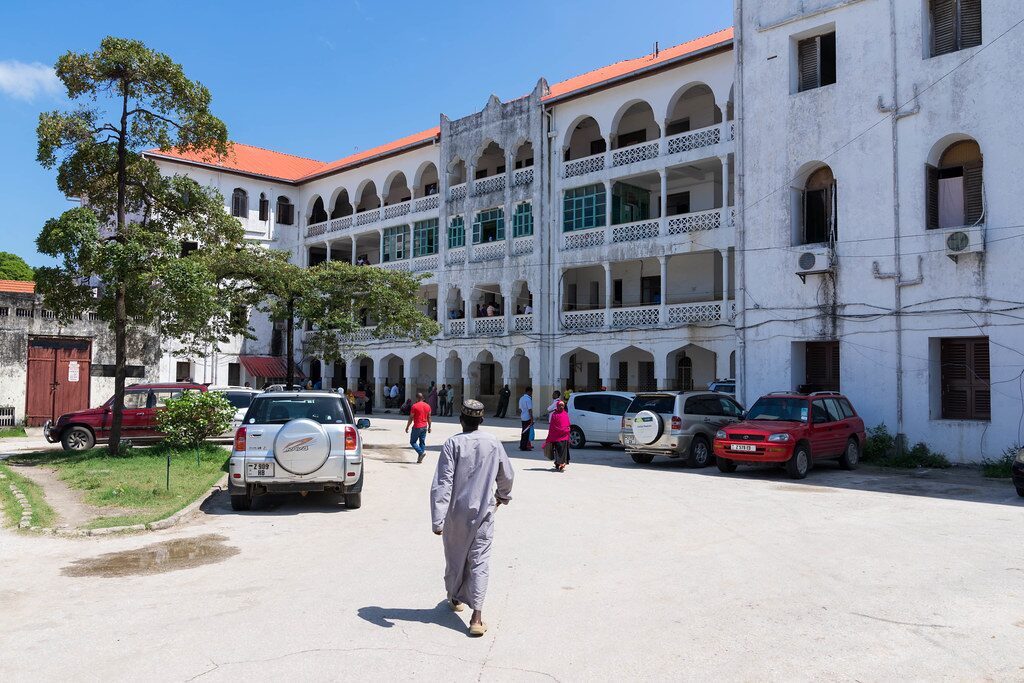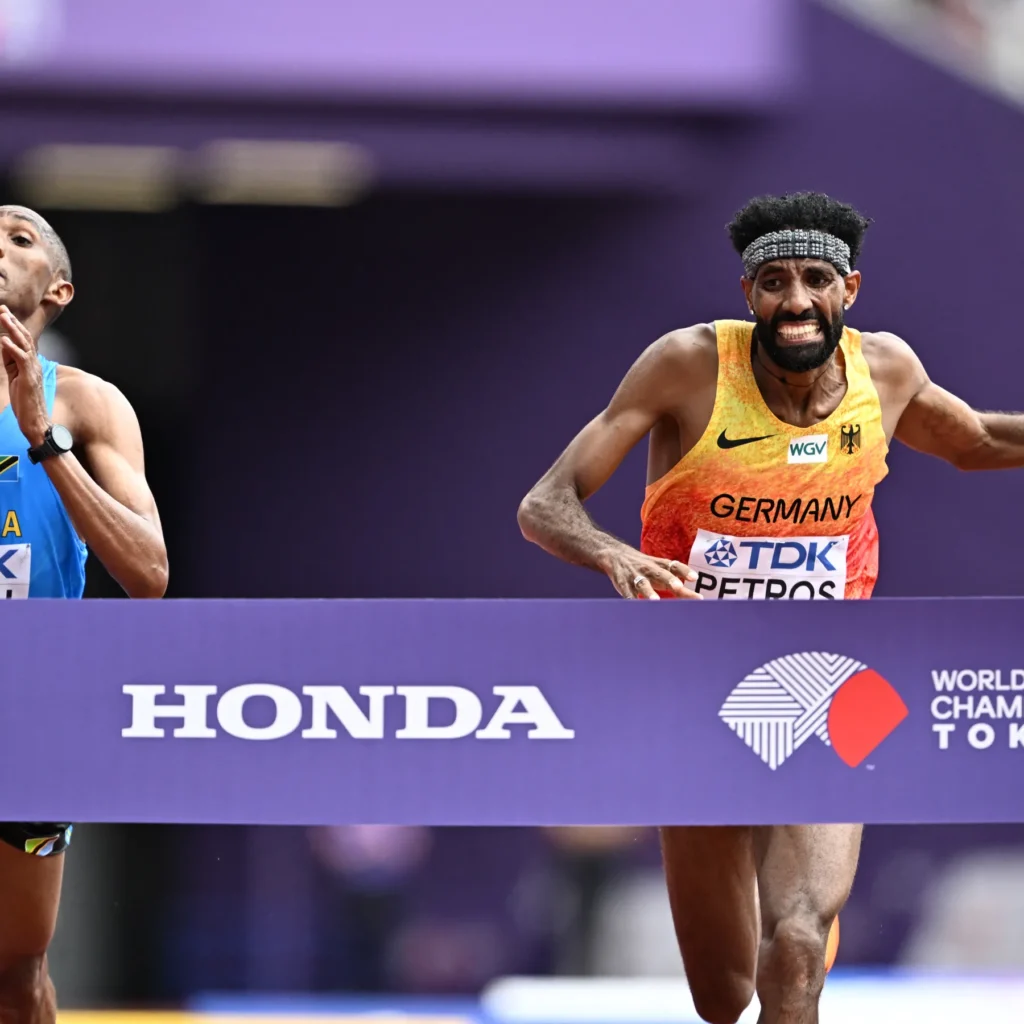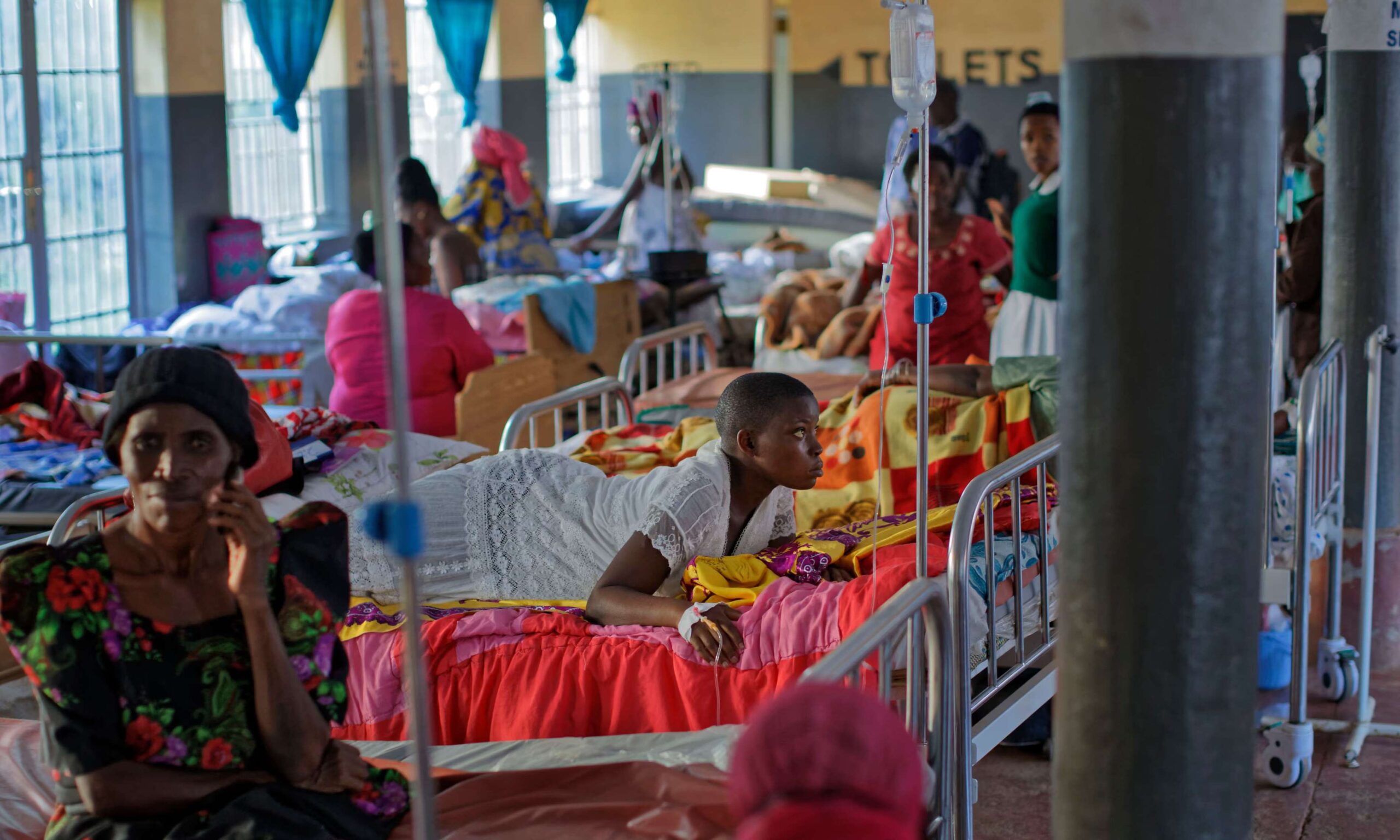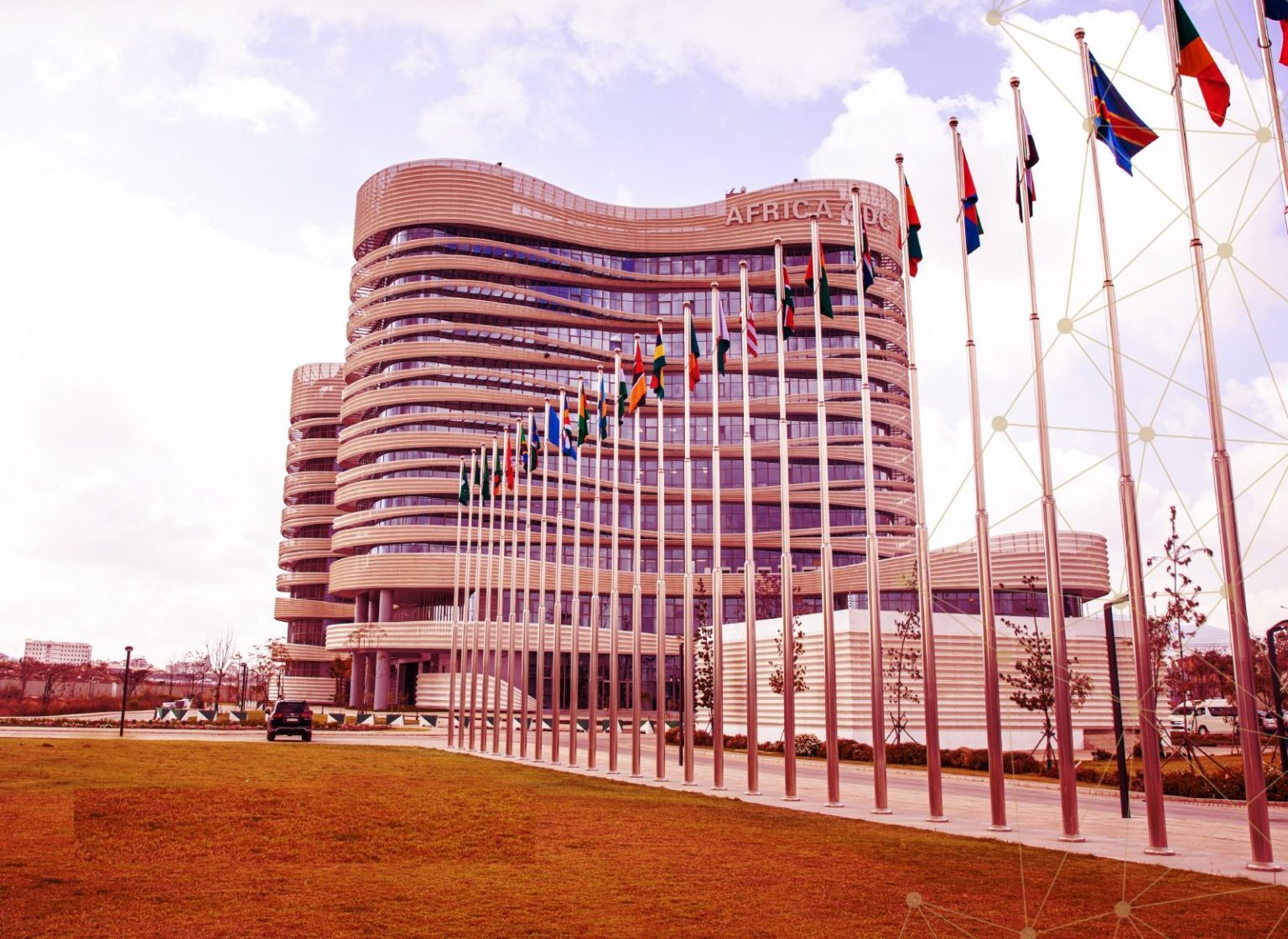
Monday, 15th September 2025

by inAfrika Reporter
Alphonce Felix Simbu produced the kind of moment that rewires a country’s sporting memory, leaning through the tape in Tokyo to take Tanzania’s first men’s marathon world title by three hundredths of a second. The clock read 2:09:48 for both Simbu and Germany’s Amanal Petros. Only the photo told the truth. It caught Simbu’s late, desperate surge at the National Stadium and settled one of the tightest championship marathons ever run.
For a marathon—42,195 meters of chess and attrition—to be decided by 0.03 seconds feels almost mythic. The decisive move came after a bruising final kilometre when the lead trio splintered and Simbu refused to blink. Italy’s Iliass Aouani arrived five seconds later for bronze; the Tanzanian, 33, folded into the embrace of teammates and officials, then stood tall as his flag rose above Tokyo. World titles at this distance are usually won by slow suffocation. This one ended in a fistfight at the line.
Simbu has flirted with the global summit before. He took world bronze in 2017 and finished runner-up at Boston earlier this year, a signal that his engine and race craft were converging at the right time. The difference in Tokyo was the audacity of his finish. Runners of his vintage are told to meter risk; he chose to grab the race by the throat. The reward is immortality—and a fresh set of possibilities for Tanzanian athletics administrators, sponsors and city race promoters who suddenly have a world champion anchoring the story.
It was also a day that punished hesitation. The field splintered under heat and pressure; strong picks faded, including several Ethiopians who had carried the menace of front-running pace. Even Britain’s Emile Cairess, widely tipped for a statement run, stepped off late, another casualty of a championship course that rewards nerve as much as legs. The attrition made the final theatre even sharper: two men, one straight, and everything distilled to a frame-by-frame verdict.
For Tanzania, the resonance travels beyond lanes and splits. A marathon world title is soft power: it sharpens a country’s international profile, magnetises corporate partnerships, and underwrites youth programmes with something more convincing than a plan—proof. If sports marketers and event directors do their jobs, Simbu’s gold becomes the spine of a national distance-running calendar stitched to tourism and city branding: waterfront routes in Dar es Salaam, altitude testing in Arusha, destination races that sell flights and hotel nights alongside elite bibs. For young runners from Moshi to Mwanza, it also collapses the psychological distance between talent and a global podium. The champion speaks their language; the finish line suddenly feels nearer.
The final statistic matters too. A 0.03-second margin is the kind of quirk that travels through headlines, highlight reels and brand briefs. It is short-form video gold, a ready-made narrative for sponsors who trade in emotion and for federations who trade in credibility. Simbu’s victory will be retold endlessly—on broadcasts, in school assemblies, across social timelines—and each retelling will nudge federations, private backers and cities to invest. It is how sporting ecosystems grow: one result creates appetite, appetite funds structure, structure multiplies results. In Tokyo, Simbu gave Tanzania its catalyst. Now the country has to cash it in.


